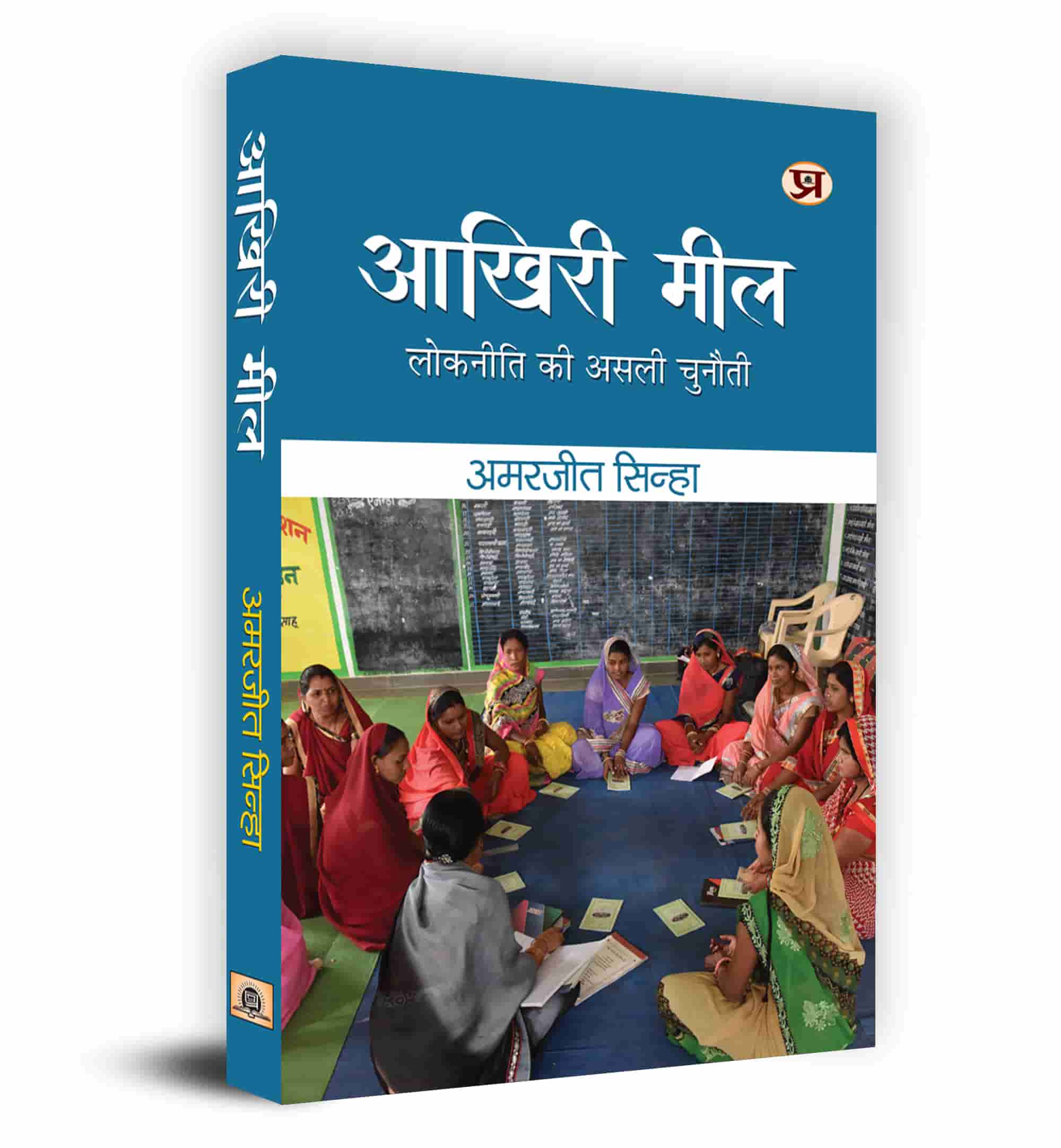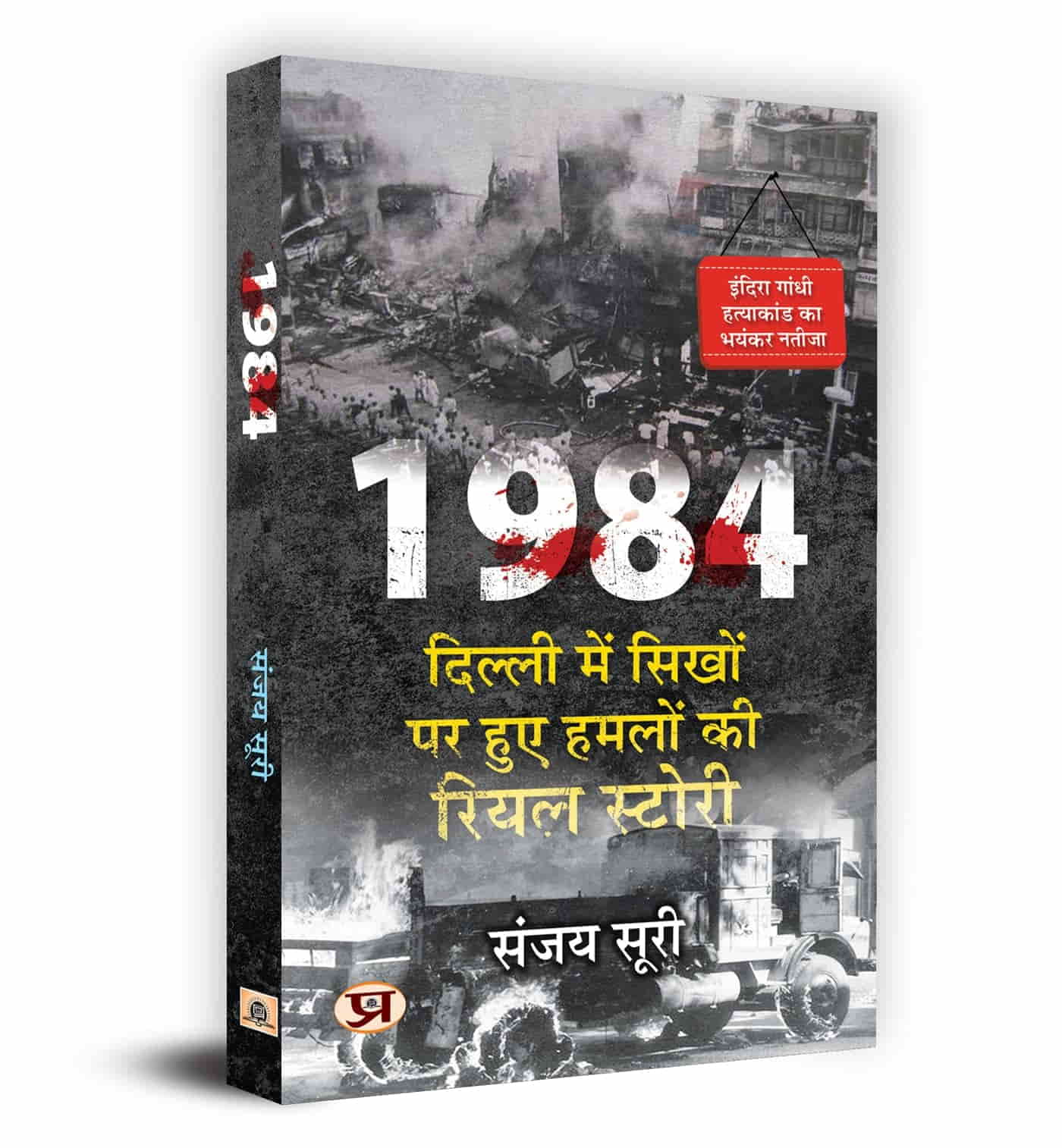₹750










National Security at its simplest means the nation’s control of its borders and the preservation of its territorial integrity including its airspace and territorial waters. Above all, it means the protection of national institutions of governance and the freedom of the people without subversion, infiltration and disruption.On the other hand, there can be no real national security without international security. Diplomacy is an instrument of establishing and maintaining the equilibrium of national and international security. Both diplomacy and national security have their roots in the conceptual scheme and operational aspects of sovereignty, which is the hallmark of States.National security and diplomacy are inextricably interwoven. Indeed defence and diplomacy, the diplomat and the soldier have much in common except that their battle-lines and locations, their target areas, their weapons and equipment and their strategies and tactics are distinct and are tackled differently.Diplomacy is the defence of one’s country and its interests beyond its frontiers, but in a sense, diplomacy only an extension of national security. The intelligence network of the country both within the country and overseas plays a vital role in both in diplomacy and for national security.
________________________________________________________________________________________________________________________________________________________________________________________________________________________________________
Contents
1. Rural Development in Rajasthan —Pgs. 7
2. Eternal Values of Life in a Changing Society —Pgs. 11
3. Equal Opportunities in the Civil Service? —Pgs. 20
4. Redefining Death —Pgs. 21
5. A Question of Life and Death —Pgs. 25
6. Horizons of Freedom —Pgs. 30
7. The Episode of Headless Chicken —Pgs. 40
8. A Great Auction —Pgs. 42
9. Girls and Child Labour —Pgs. 46
10. Education is Lifelong Learning —Pgs. 52
11. Delhi Becomes the Capital —Pgs. 57
12. Vishwayatan Yogashram —Pgs. 80
13. The Historical Perspective of UNESCO —Pgs. 83
14. George Orwell’s View on Humanity —Pgs. 86
15. First Conference of World Religious Leaders —Pgs. 90
16. Indian Community in North America —Pgs. 94
17. Indian Community in the UK —Pgs. 112
18. Aggressive Regionalism —Pgs. 126
19. The Politics —Pgs. 131
20. The Science of Consciousness —Pgs. 133
21. The Message is the Man —Pgs. 137
22. The Nuclear Deal —Pgs. 142
23. Dynamics of Diplomacy and Imperatives of National Security —Pgs. 145
24. Economic Reform in India —Pgs. 153
25. Human Rights Initiatives within the Framework of AICC(I) —Pgs. 161
26. Challenges Posed by Terrorism —Pgs. 164
27. Election of President: 2007 —Pgs. 167
28. One Term Presidentship – A Time-tested Convention —Pgs. 170
29. Strict Liability vs Men’s Rea: Which does Society Need? —Pgs. 174
30. Lord Oliver: Intellectual Property Right —Pgs. 186
31. Panchayati Raj —Pgs. 198
32. New Era of Indo-British Relationship —Pgs. 205
33. Threat from Across Border —Pgs. 210
34. Indian Diaspora —Pgs. 213
35. Consumer Protection —Pgs. 215
36. Great Britain —Pgs. 222
37. Ground Work of Democratic Liberty: Review —Pgs. 232
38. Third All-India Integration Conference —Pgs. 234
39. Population Education —Pgs. 236
40. The Office of the President and His Powers —Pgs. 239
41. Nexus Between Politician and Civil Servant —Pgs. 254
42. Towards a Uniform Civil Code —Pgs. 256
43. Abolition of Death Penalty —Pgs. 274

(9 Nov., 1931 – 6 Oct., 2007)
A world citizen, a scholar-statesman, a prolific author, poet, linguist and litterateur, an eminent jurist, a doyen of the Indian Bar, UN Special Rapporteur and a world authority on Judicial Independence, a distinguished diplomat and a prominent parliamentarian, Dr. Singhvi was a votary and an exponent of the heritage of India, a world leader in the movement for Culture of Peace, interfaith tolerance and amity, and Human Rights.
He received the highest acclaim in the form of degrees of LL.D. and D. Litt. Honoris Causa from leading universities in India and abroad. He was made an Honorary Bencher and Master of the Middle Temple in 1987. He had the rare distinction of being appointed to the ancient Rede Chair which was established in 1524 in Cambridge University.
Dr. Singhvi was elected to Lok Sabha in 1962 and to Rajya Sabha in 1998.
Dr. Singhvi was elected a President of the Centennial Parliament of World’s Religions held in Chicago in 1993. He led the Indian delegations to the UN Conference on Human Rights in Vienna in 1993 and the UNESCO Conference on Culture of Peace in Stockholm in 1998. Dr. Singhvi was elected to the International Court of Arbitration at The Hague in 2000. Dr. Singhvi was High Commissioner for India in the United Kingdom for seven years with the rank of cabinet minister. Awarded Padma Bhushan in 1998. Dr. Singhvi was Life Trustee and President of various social, cultural and literary organisations of repute. He authored several monographs and books in English and Hindi.